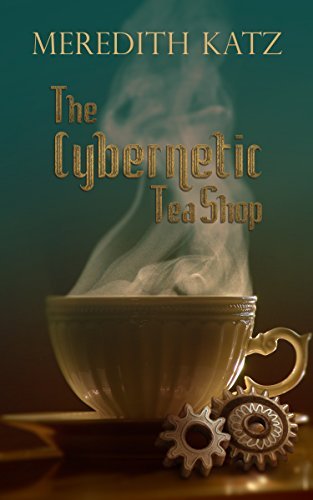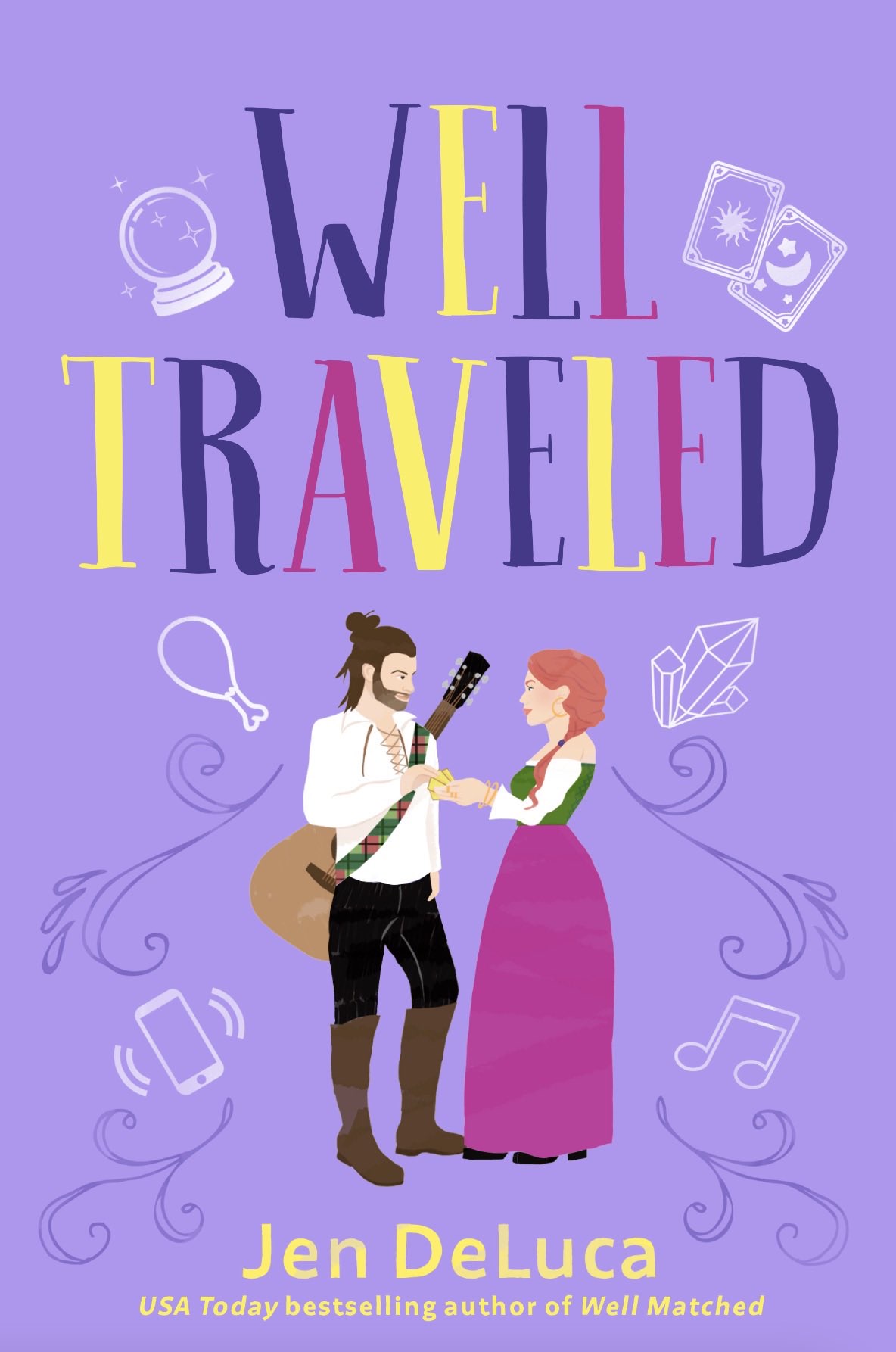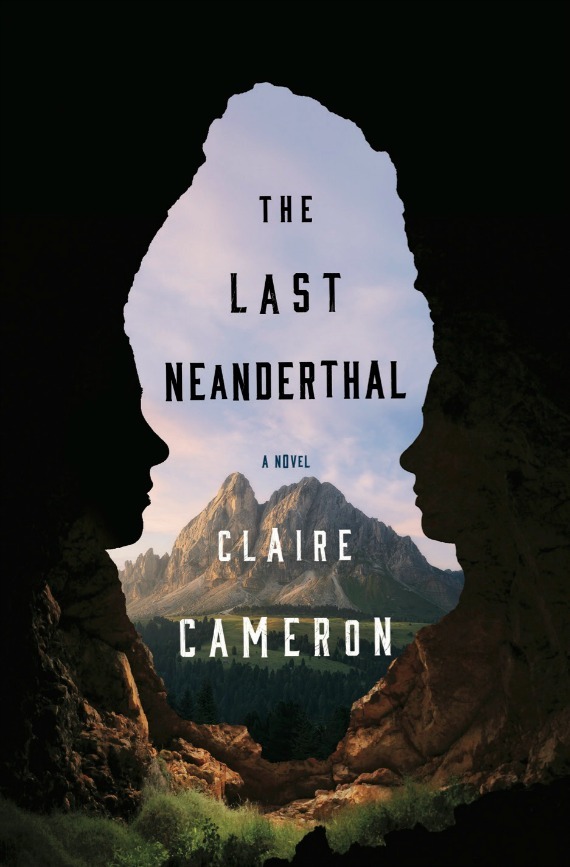Trust Women: A Progressive Christian Argument for Reproductive Justice by Rebecca Todd Peters (2018) 240 pages
Rebecca Todd Peters, a Presbyterian minister and social ethicist, published this book in 2018, before the Dobbs decision overturned Roe v. Wade, but she could see the restrictions regarding abortion increasing and shame directed at women who chose to have abortions even while the procedure was still legal in all the states. Her well-researched and amply footnoted book has a number of themes:
Abortion was not always frowned upon in our country. Until the later 1800's, women regularly found ways to limit the number of their children, including by having abortions. "A small and committed group of physicians...transformed public opinion about abortion and criminalized it (p.98).
Peters also states that abortion is not a moral issue, in spite of the fact that many people frame it that way. However, she believes that reproductive justice IS a moral issue; a woman should not need to justify her abortion, or conversely, be coerced into having an abortion she does not want. "The history of women's fertility in his country has been one of using shame, guilt, legal measures, and coercion to control which women get pregnant, carry a pregnancy to term, keep a child, or place it for adoption" (page 118). Peters believes that no woman makes her decision lightly. She makes it clear that women must be seen as "rational, capable, responsible moral agents" (p 8), and not treated as [children] in time-out, where they must adhere to waiting periods or forced to watch ultrasounds or videos before the procedure can be performed, dictates imposed on women as a result of misogyny and patriarchy.
Peters believes the whole conversation needs to be reframed. What should really be happening is that social structures are put into place so that there are jobs, daycare, affordable housing, more reliable contraception, etc, so that women can make decisions that work for their lives. I found this book to be a thoughtful treatise on this hot-button topic.

























